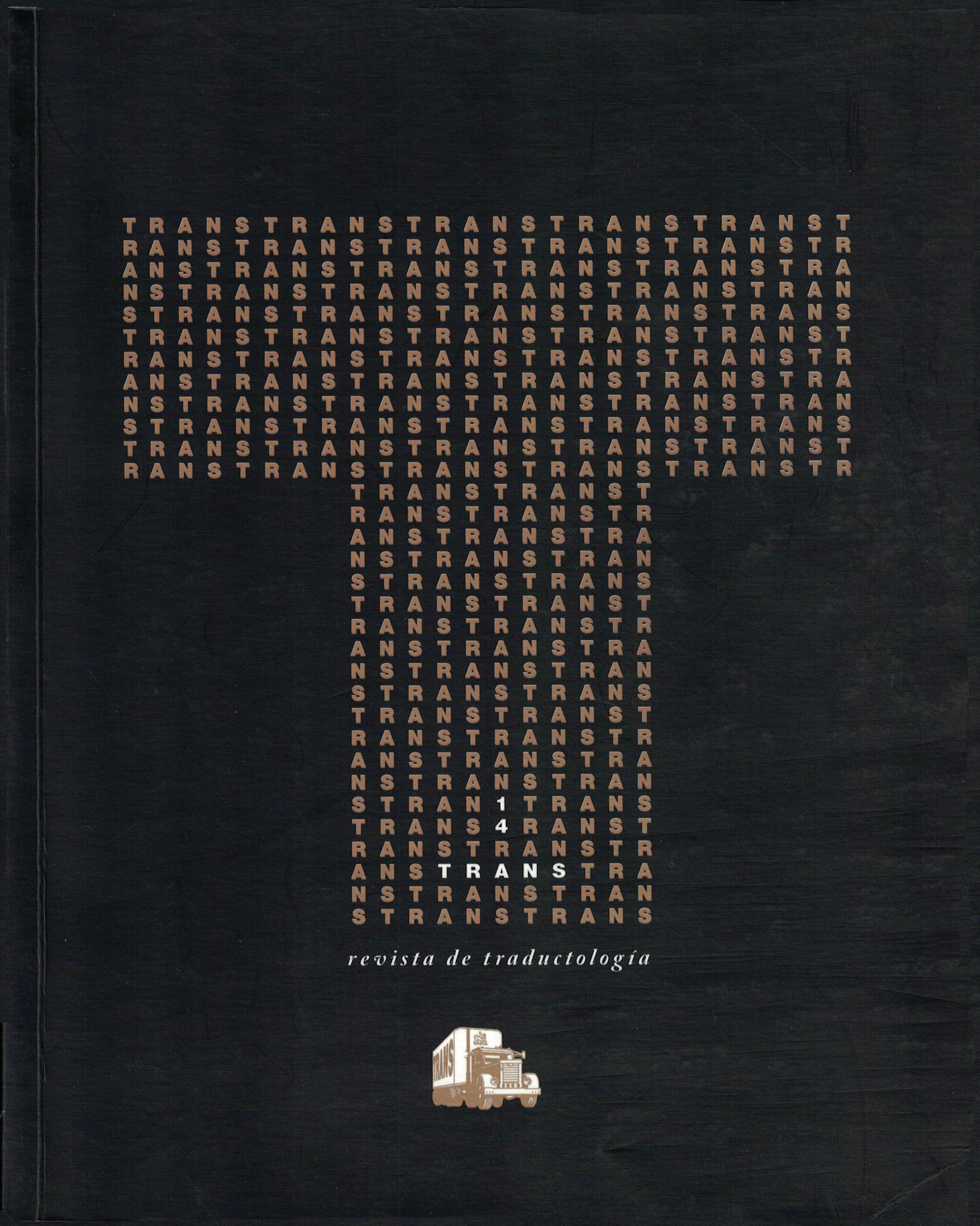Love and Eroticism in Vargas Llosa and its Translation into English
DOI:
https://doi.org/10.24310/TRANS.2010.v0i14.3180Keywords:
Mario Vargas Llosa, sexual language, translation, eroticism.Abstract
In this paper we analyze one of the key elements in Mario Vargas Llosa’s fiction (the exploration of love and sex) through the Englishlanguage translations of his novels Pantaleón y las visitadoras (1973), La tía Julia y el escribidor (1977), Elogio de la madrastra (1988) and Los cuadernos de don Rigoberto (1997). Although love plays a fundamental role in all of Vargas Llosa’s works, in these four novels there is an explicit creative effort around human sexuality and important linguistic and rhetorical elaboration of the language of love and sex. Translating sex-related language is a highly sensitive area, the site where the social interdictions and the translator’s own ethics meetDownloads
Metrics
Publication Facts
Reviewer profiles N/A
Author statements
Indexed in
-
—
- Academic society
- N/A
- Publisher
- Universidad de Málaga
Downloads
Published
How to Cite
Issue
Section
License
All contents published in TRANS. Revista de Traductología are protected under the Creative Commons Attribution-NonCommercial-ShareAlike 4.0 International (CC BY-NC-SA 4.0) license. All about this license is available in the following link: <http://creativecommons.org/licenses/by-nc-sa/4.0>
Users can copy, use, redistribute, share and exhibit publicly as long as:
- The original source and authorship of the material are cited (Journal, Publisher and URL of the work).
- It is not used for comercial purposes.
- The existence of the license and its especifications are mentioned.
- ShareAlike — If you remix, transform, or build upon the material, you must distribute your contributions under the same license as the original.
There are two sets of authors’ rights: moral and property rights. Moral rights are perpetual prerogatives, unrenounceable, not-transferable, unalienable, imprescriptible and inembargable. According to authors’ rights legislation, TRANS. Revista de Traductología recognizes and respects authors moral rights, as well as the ownership of property rights, which will be transferred to University of Malaga in open access.
The property rights are referred to the benefits that are gained by the use or the dissemination of works. TRANS. Revista de Traductología is published in an open access form and it is exclusively licenced by any means for doing or authorising distribution, dissemination, reproduction, , adaptation, translation or arrangement of works.
Authors are responsable for obtaining the necessary permission to use copyrighted images.













21.png)
